The multiverse is Marvel's way out of its own limitations
The multiverse is Marvel's saving grace – and a way into exciting new stories
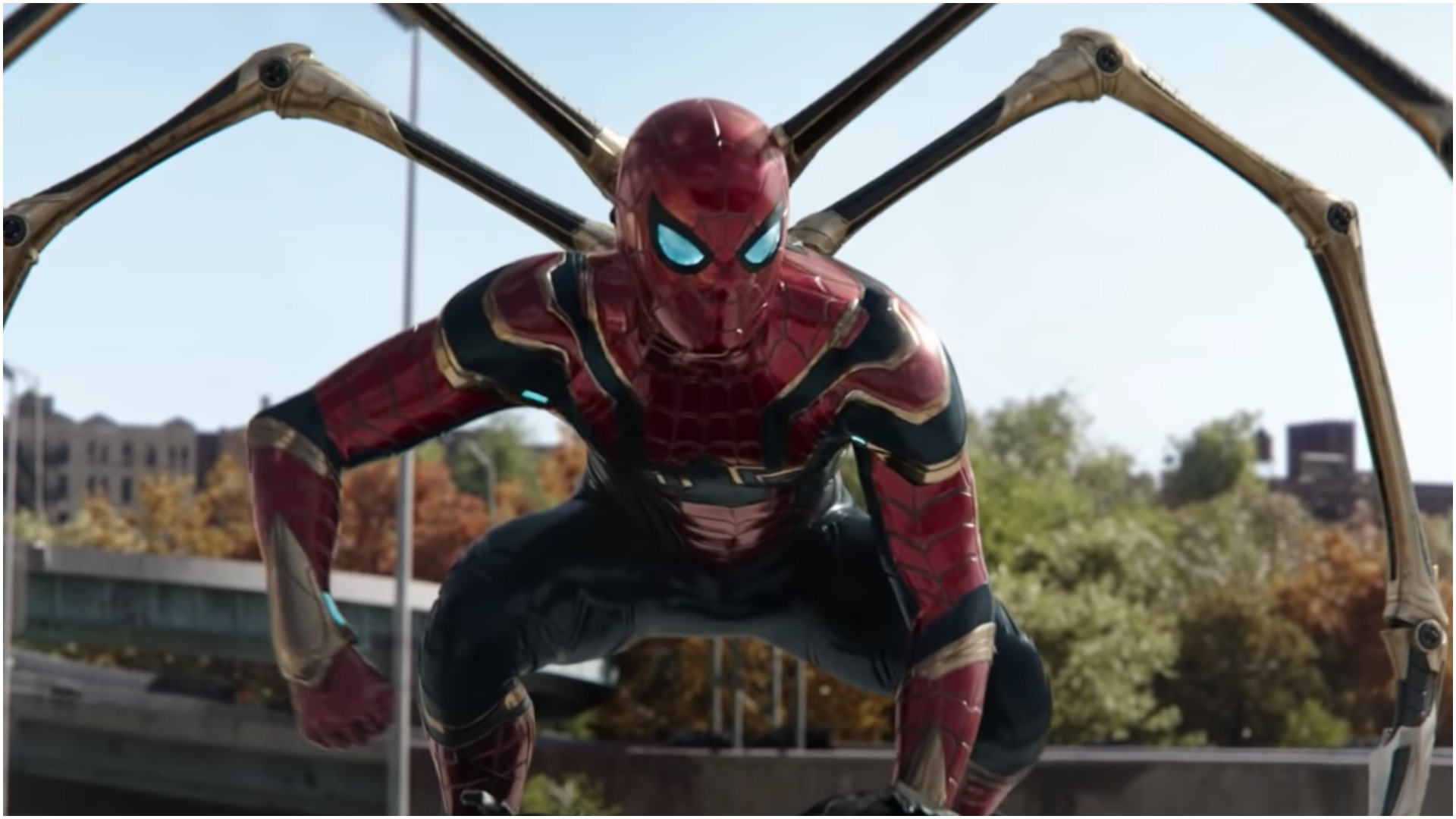
Twenty-seven movies, five TV shows, and a whole lot of interconnected storylines make up the Marvel Cinematic Universe – so far. The next few years bring at least 10 more movies and 14 TV shows (plus a Holiday Special), and those are just the ones we know about. But, as the MCU gets bigger, it also gets unwieldier. Now, a film or TV show doesn't just have to be engaging in its own right, it also has to juggle the weight of 12 years of entertainment history.
Take Eternals as an example. Never mentioned by name in over 10 years of MCU movies, the ancient beings have apparently been on planet Earth for thousands of years. In all that time, they never intervened in moments of grave danger for humanity, like Ultron's rampage in Sokovia or Thanos arriving with a gauntlet full of Infinity Stones. The explanation for their inaction is that they're only allowed to intervene in matters concerning Deviants (and it's later revealed that they're paving the way for the Emergence), but it's not a stretch to say that this reflects poorly on them as heroes. When every new film has to fit with over a decade of storytelling, the cracks begin to show.
Then look at the Loki series on Disney Plus, which was held back by its need to set-up future MCU stories. Rather than being a multiverse-hopping adventure, the show took its time introducing concepts like the TVA, Nexus events, the Sacred Timeline, and so on, which bogged down an intriguing mystery with too much exposition. In the finale, He Who Remains – a variant of the villainous Kang the Conqueror – took up the bulk of the episode, but didn't feel a natural ending for the events of the series. Instead, it set up the upcoming Ant-Man and the Wasp: Quantumania, which will feature Kang as its big bad, as well as Loki season 2. It's not just fitting in that can cause problems – it's laying the groundwork for the future, too, which can distract from telling stories that are here and now.
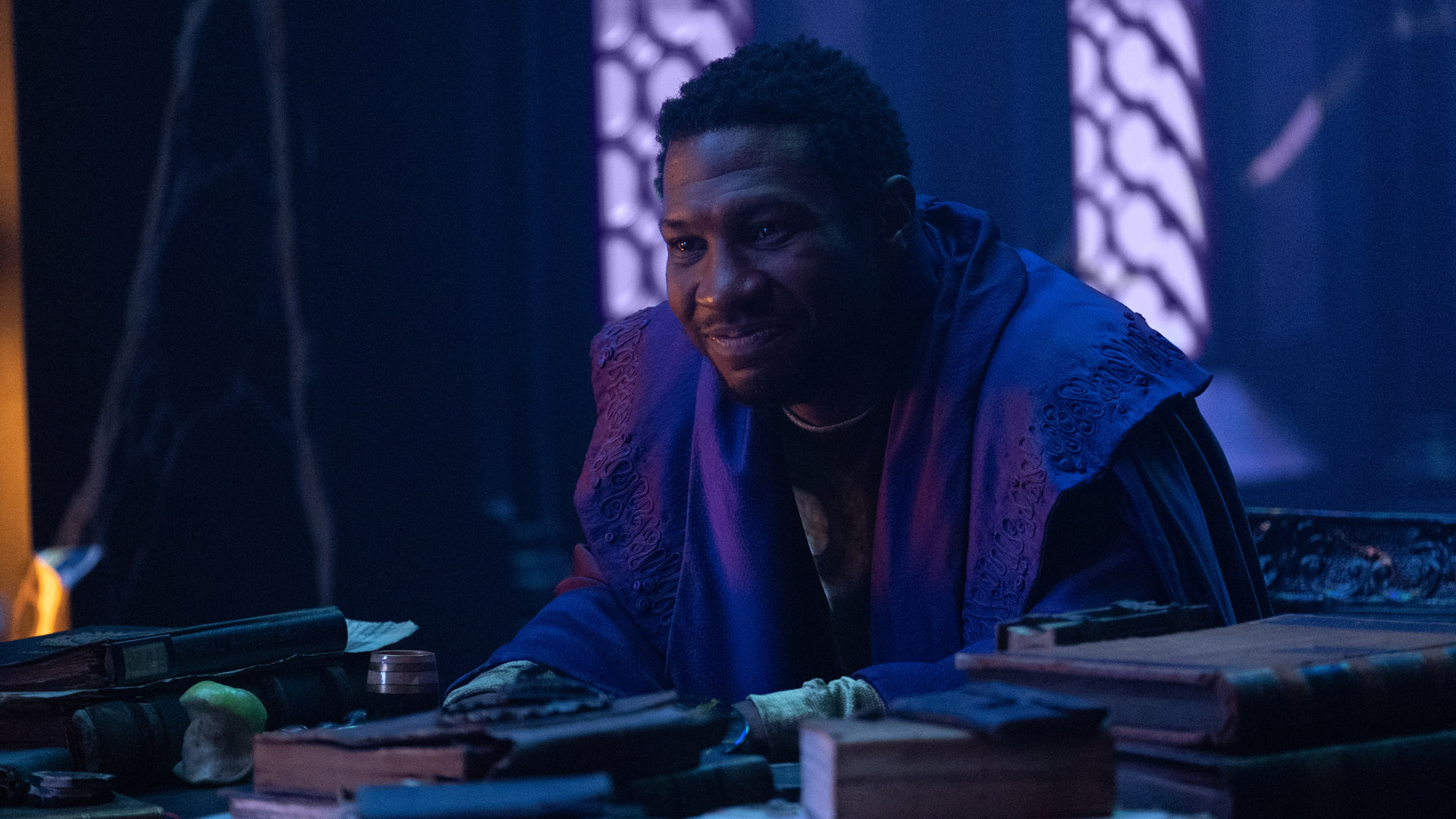
However, the MCU has a trump card: the multiverse, the series' most useful storytelling tool yet. Movies and shows can be self-contained if they exist in one pocket of a sprawling multiverse, which means the pressure to work cohesively with a decade plus of narrative vanishes, and so does the need to set-up the next 10 years of stories.
Delving into the multiverse also means some long-running canon vs. non-canon debates can be laid to rest. Discussion around Agents of SHIELD has been raging for years, with the Darkhold's appearance in WandaVision adding fuel to the fire, as well as the introduction of a second Mockingbird in Hawkeye. As it turns out, in the MCU, Linda Cardellini's Laura Barton was once Agent 19, AKA Mockingbird. But in Agents of SHIELD, that character is Bobbi Morse, played by Adrianne Palicki. The resolution to the problem seems simple: Agents of SHIELD can be shunted to a different branch of the multiverse, meaning those stories remain 'canon,' while the MCU can forge ahead with new interpretations.
Doubling up doesn't always have to be an issue, either. While Loki and What If…? both explored the multiverse, it wasn't until Spider-Man: No Way Home that the concept's true potential was realised. That movie sees the return of Tobey Maguire and Andrew Garfield as their respective versions of Spider-Man, alongside Tom Holland's 'main' Spidey, and draws villains from across the multiverse for an epic showdown. No Way Home has become one of the highest grossing films of all time, so it's clear that the concept is a popular one – and, as the film demonstrates, it can be used to tell a meaningful story, not just as fan service.
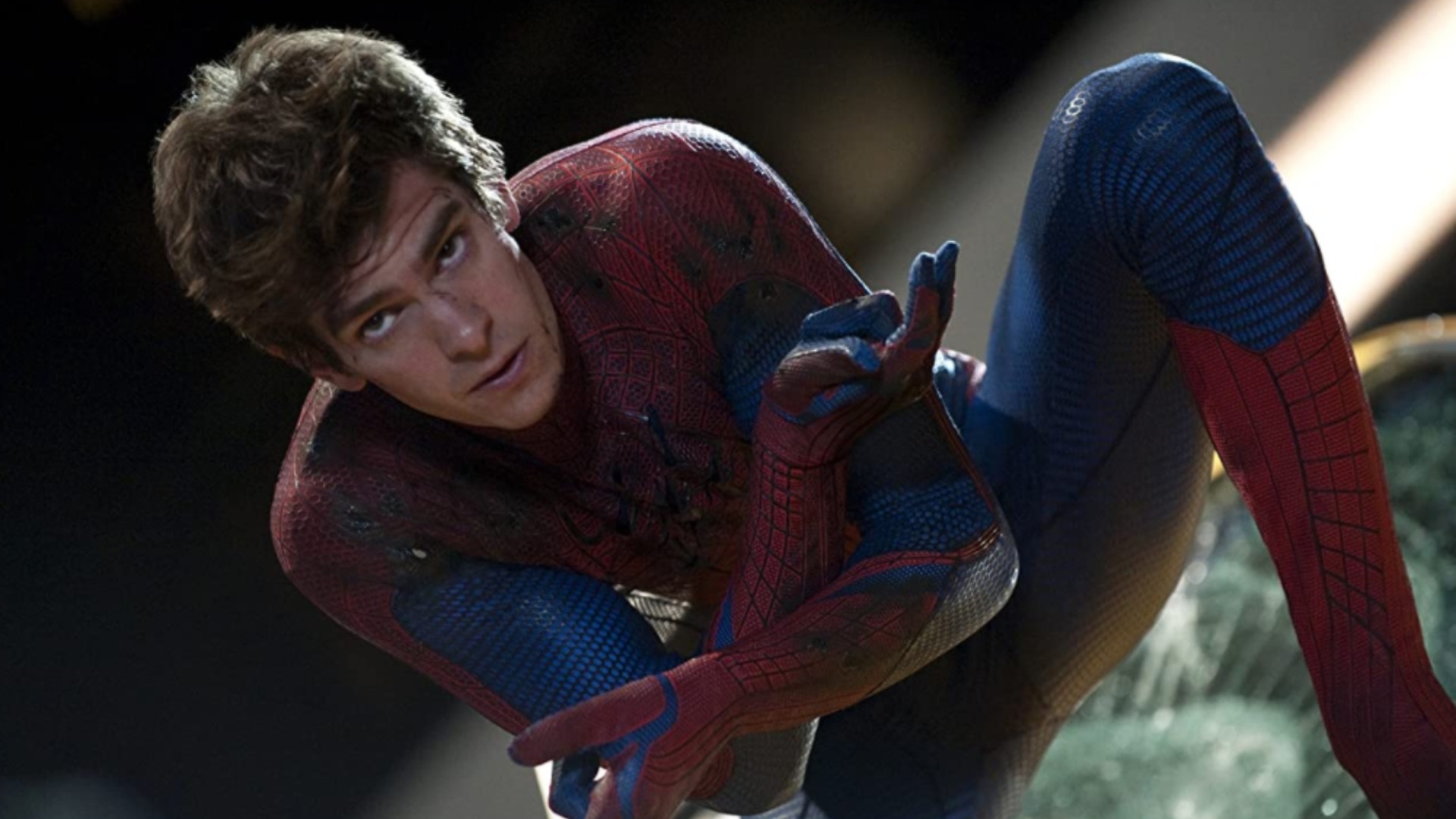
It's also a great way to bring actors back into the fold, like Garfield as Spider-Man. The multiverse means The Amazing Spider-Man 3 could go ahead in its own world without worrying about any impact on the MCU's own narrative plans. In the same way, it's an easy entrance point for the X-Men, too. Fox's movies cemented actors like Patrick Stewart, James McAvoy, Ian McKellan, and Michael Fassbender to the mutant pantheon, which could make starting over a difficult task. With the multiverse, though, anything can happen – those actors could return, or at least make an appearance to pass the baton to a new cast.
Sign up for the Total Film Newsletter
Bringing all the latest movie news, features, and reviews to your inbox
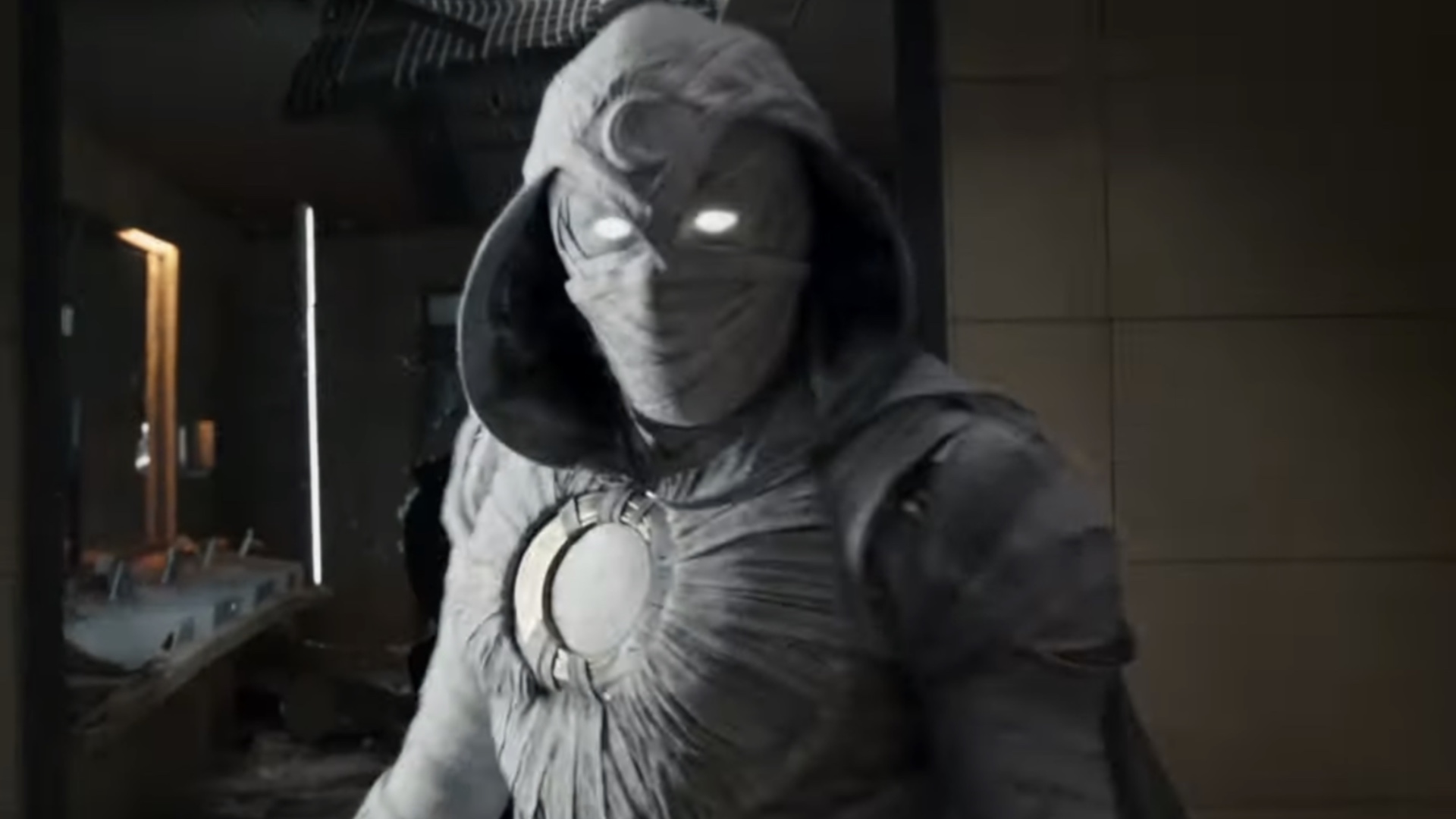
Moon Knight could fill the Daredevil-shaped hole left behind by Netflix
Plus, the more Marvel embraces the multiverse, the more fearless the MCU's storytelling can become. If any bold decision, like killing off a character, needs to be undone later to serve another story, there's already a built-in failsafe – like with No Way Home, when all those dead villains made a return. Of course, that's not without its problems. An undo button is handy, but could completely erase the stakes if just about any decision can be changed later. But it's an easy way out of the trap Marvel has built itself over the past decade plus, if used wisely. As the saying goes: with great power, there must also come great responsibility…
It's clear the multiverse is here to stay – and also that the MCU has no intention of slowing down, with upwards of 26 projects in development. The bigger the MCU gets, the more tangled the storytelling can become. But, with the multiverse at its fingertips, there's no reason Marvel can't branch out into weirder, wilder territory, without having to check over its shoulder, or keep an eye on the road ahead. It's time to fully embrace the multiverse, and all the storytelling opportunities it brings with it.
For more on the MCU, check out our ultimate guide to Marvel Phase 4 for everything that's on the way.
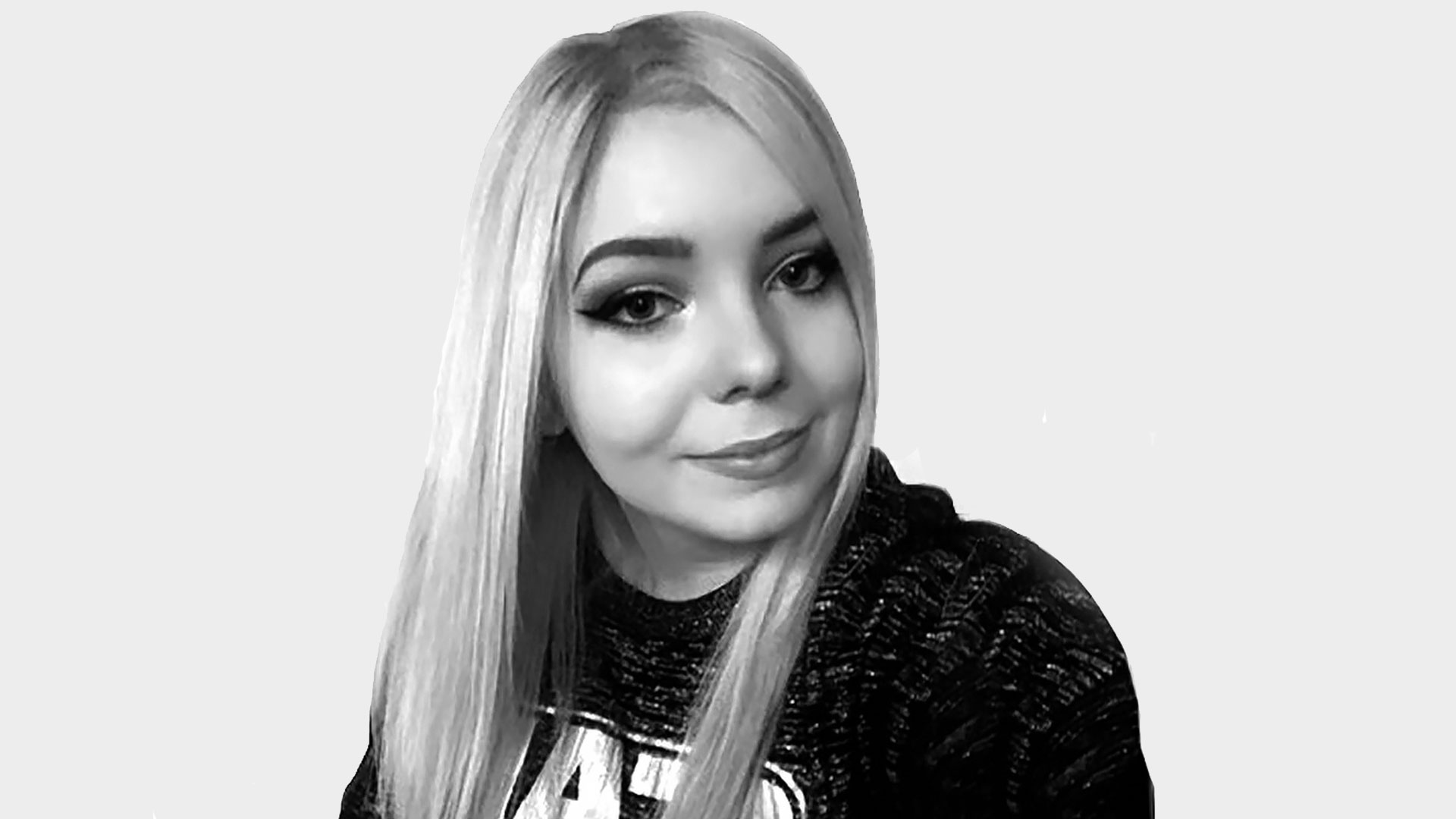
I'm a Senior Entertainment Writer here at GamesRadar+, covering all things film and TV for the site's Total Film and SFX sections. I previously worked on the Disney magazines team at Immediate Media, and also wrote on the CBeebies, MEGA!, and Star Wars Galaxy titles after graduating with a BA in English.


